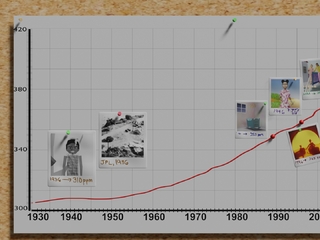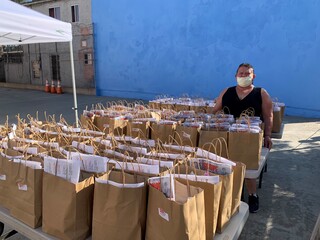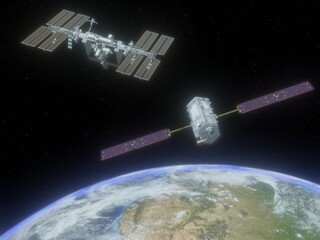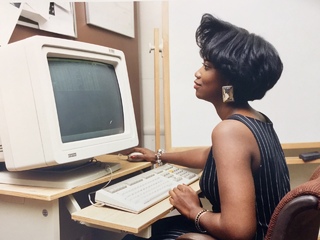Earth Science Stories | March 15, 2022
Career profile: Lan Dang on mentorship at NASA-JPL
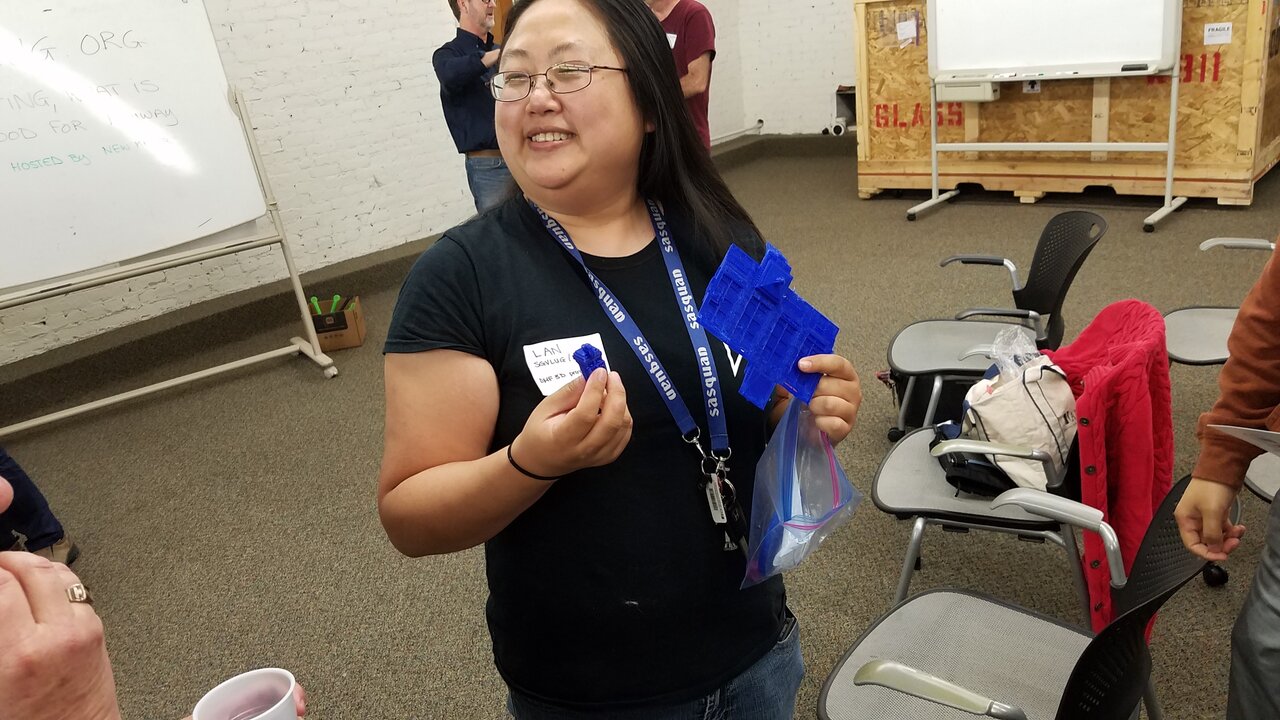
Lan Dang works on the Orbiting Carbon Observatory-2 and Orbiting Carbon Observatory-3 satellites as the Science Data System Lead. When she’s not busy handling the data the satellite sends back, she’s pursuing her other passion: mentoring new hires and local schoolkids.
What were your childhood interests?
I liked both reading and computers. Computers were new. Out of all my siblings, I was the only one interested in them, so that made it special. Even though we didn’t have a computer at home when I was little, I took all the computer classes at school and learned to program. I was just really interested in the field and ended up majoring in computer science.
How did you end up at JPL?
JPL recruited at my college and I interviewed. I was hired to work on the Orbiting Carbon Observatory (OCO), a satellite in development at the time. OCO had a brand-new data system, with more data than ever before, so the job required a lot more technical knowledge compared to previous missions where everything was laid out in procedures. I had the freedom to experiment with the system and figure out what worked and didn’t work.
Describe your main job duty.
I handle the data that satellites send back. The data that comes down from the satellite is a bunch of measurements that needs to be processed so that it can be in a format useful for our scientists. We’re responsible from when the data hits the ground to when it hits the archive for the science team or general use.
You do a lot of mentoring of new hires. Why did you get into that?
When I first joined JPL, I felt very lonely. I was just out of school, and a lot of the people I was working with were older than me and had their own things going on. It was hard to make friends. I eventually joined a lunch group and softball team, and that helped me feel more welcome. Through my different work projects, I met new people, and one of them, Jan Yoshimizu, became my mentor. She had been at JPL for decades, and was willing to answer my questions. She introduced me to many people, and I confided in her a lot.
Later, I started a newsletter that I ran for 7-8 years. I kept running into new hires who didn’t know things that I knew. The newsletter gave people tidbits of information they may have missed. I would include events happening at the laboratory and cool articles. Eventually, the internal communications at JPL improved a lot, and now there’s places like Slack to get information. So I no longer publish the newsletter, but I still like to point new hires in the direction of resources or communities they might not be immediately aware about.
What do you like to do outside of work?
On my own time, I’ve helped out a Girls Who Code club at a local high school for about 4-5 years. I help them arrange speakers, and I arrange for them to take fieldtrips to JPL. The students in the club really love seeing mission control, and also they like the spacecraft assembly facility where we have satellites being assembled.
I also run a tech meet-up. A lot of our members are in software and like to play with small micro-controllers like Arduino and Raspberry Pi. When JPL was doing a pilot program of the Open Source Rover, our group signed up and we gave them feedback about the build instructions.
I think I’m a community builder. When I look around and see people struggling to get stuff done because they don’t know how to do the logistics, I can step in to unblock them so they can do what they want to accomplish.
If you weren’t at JPL, where would you be instead?
Honestly, I don’t know if I can answer that. At JPL, I get to use my tech skills, plus I get to mentor. Being here enables me to do what I want to do. JPL is big on outreach, so they give me room to do that, too. I get to work, talk, and learn from smart people in all fields. I can’t imagine being anywhere else.


